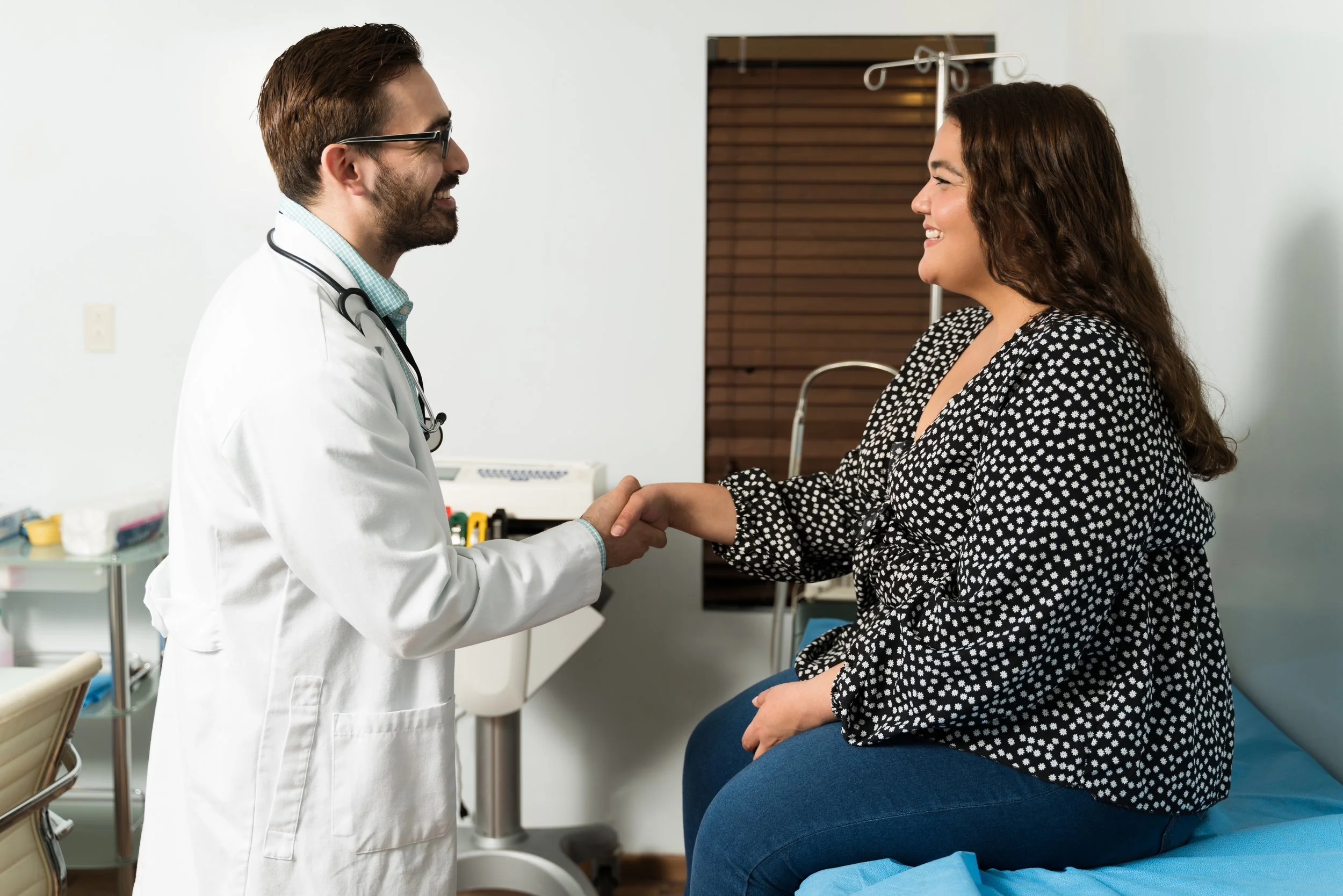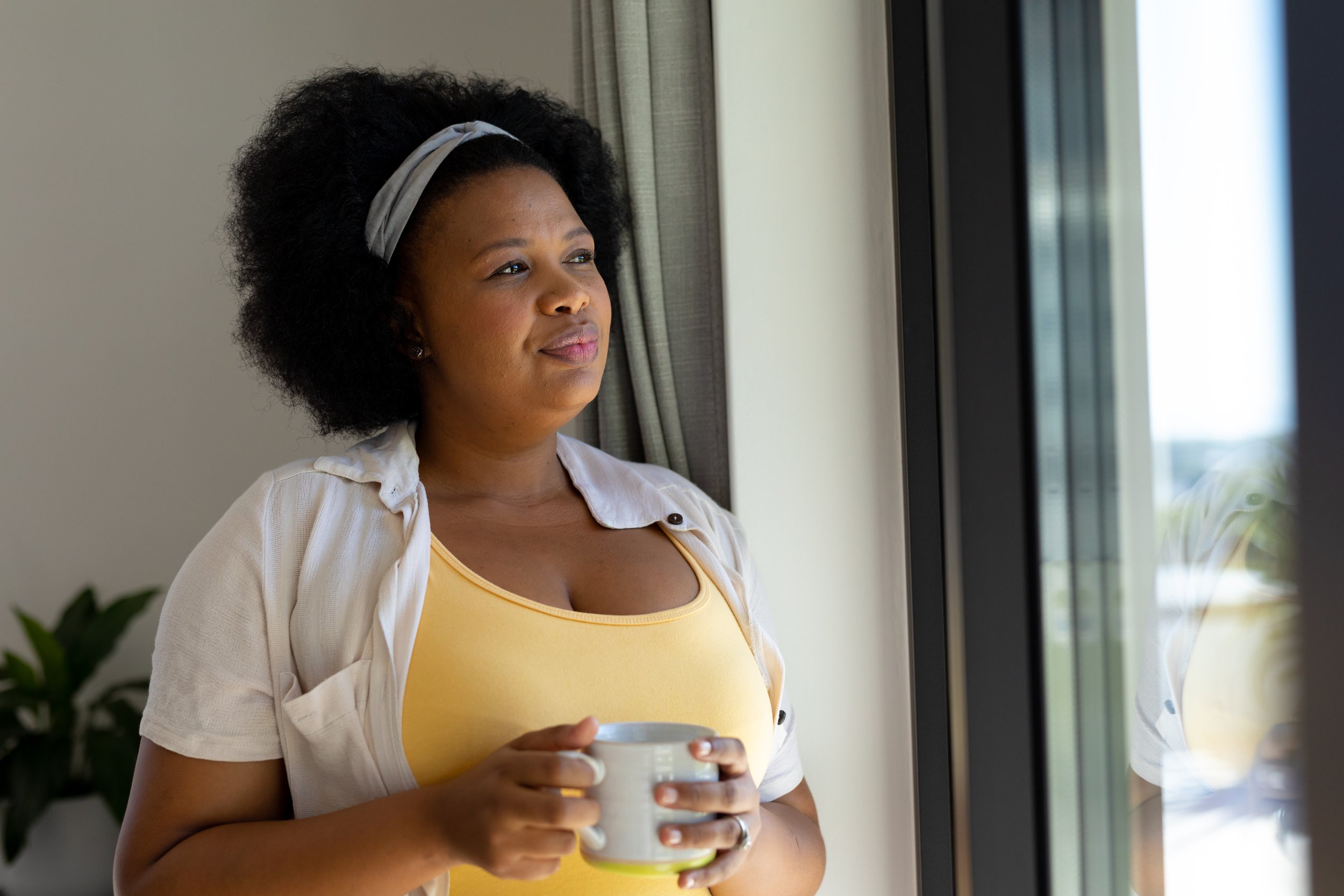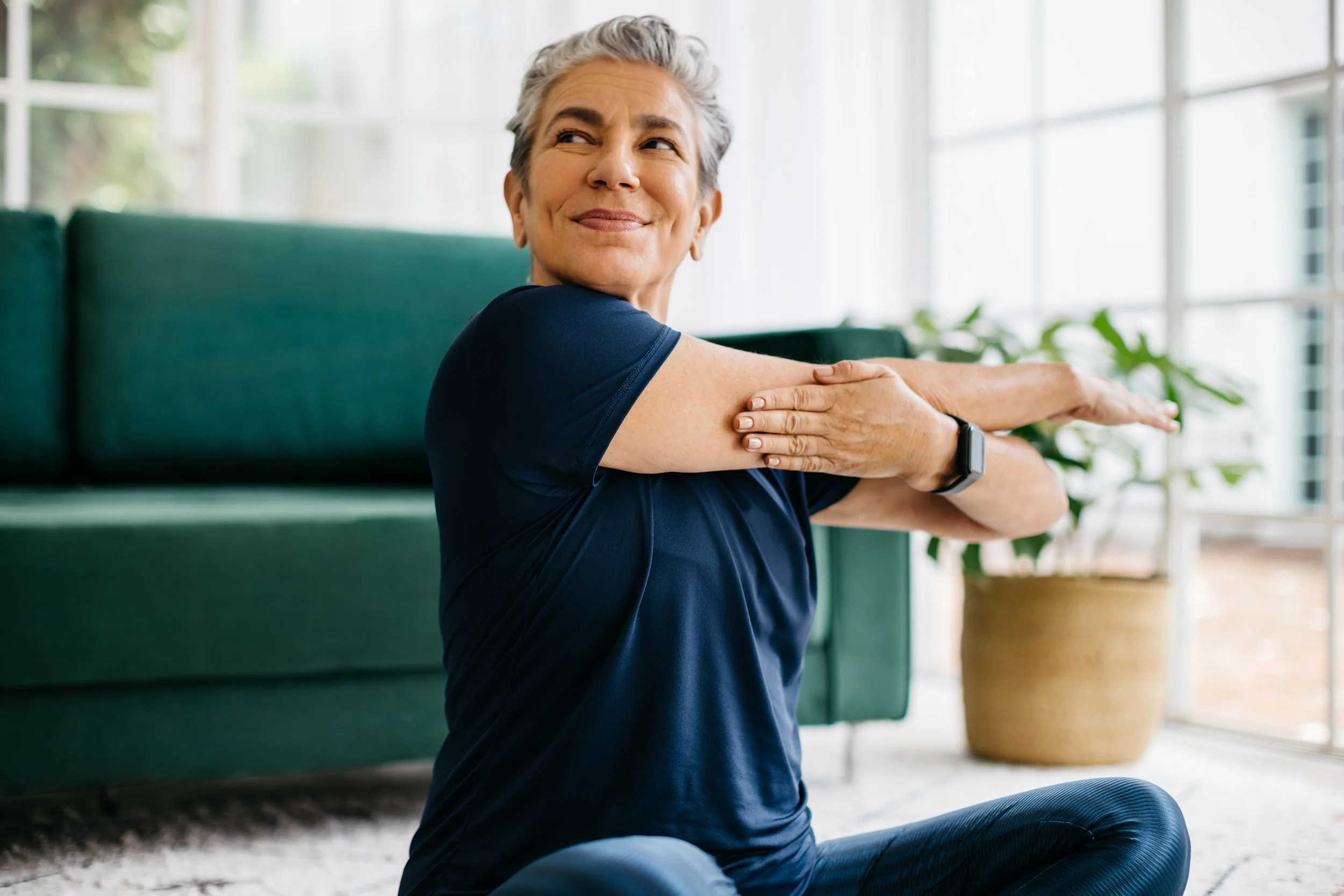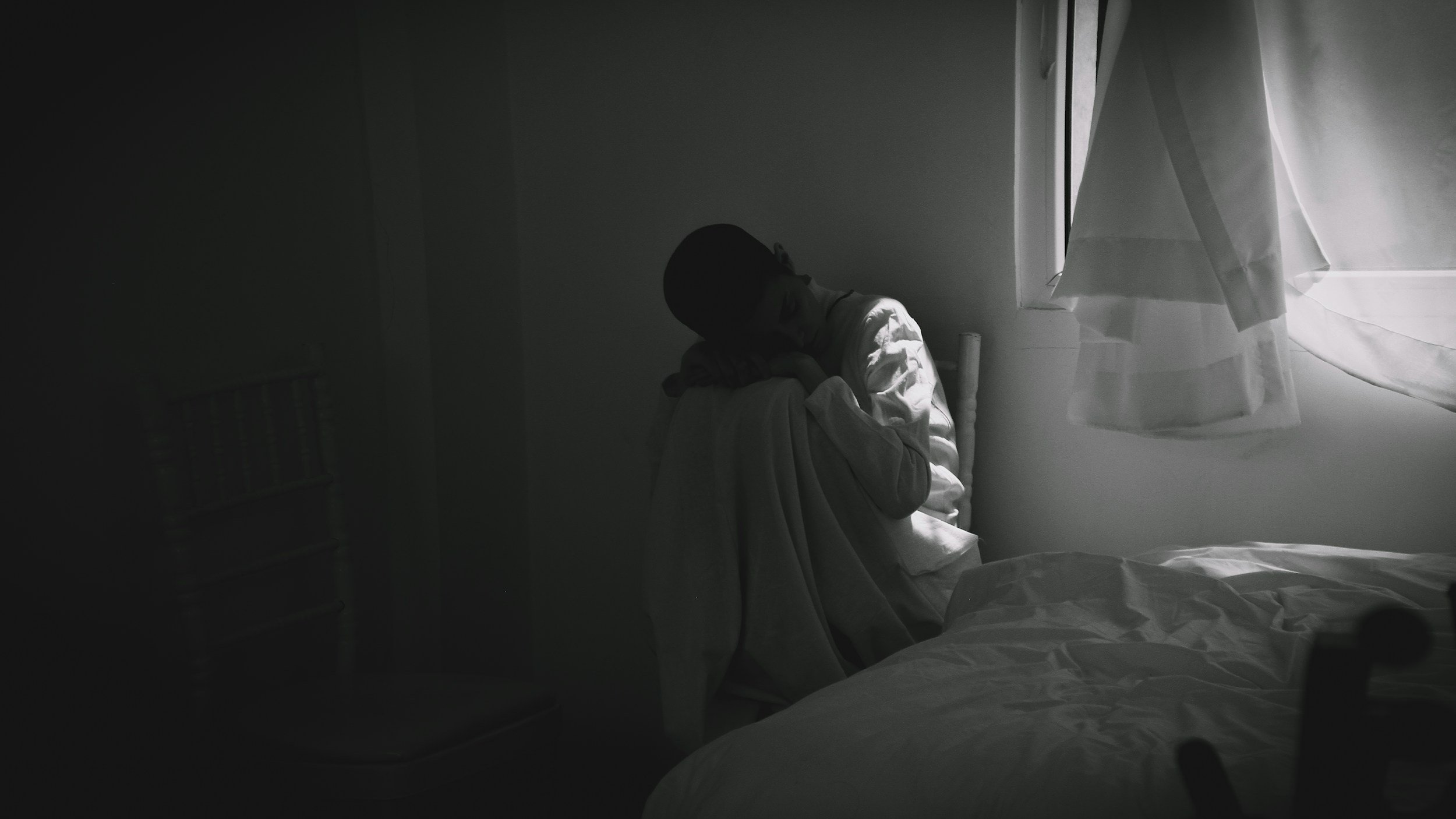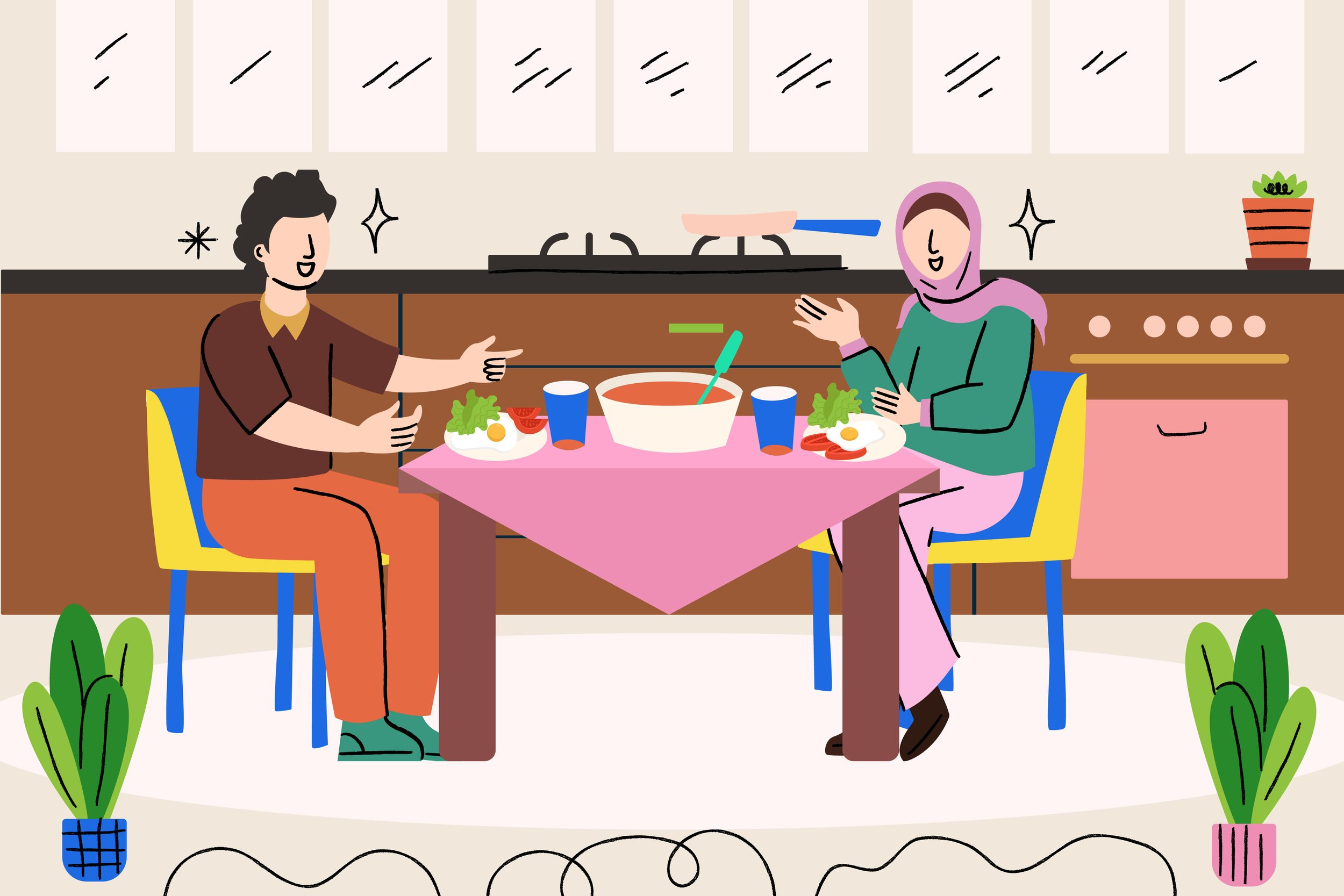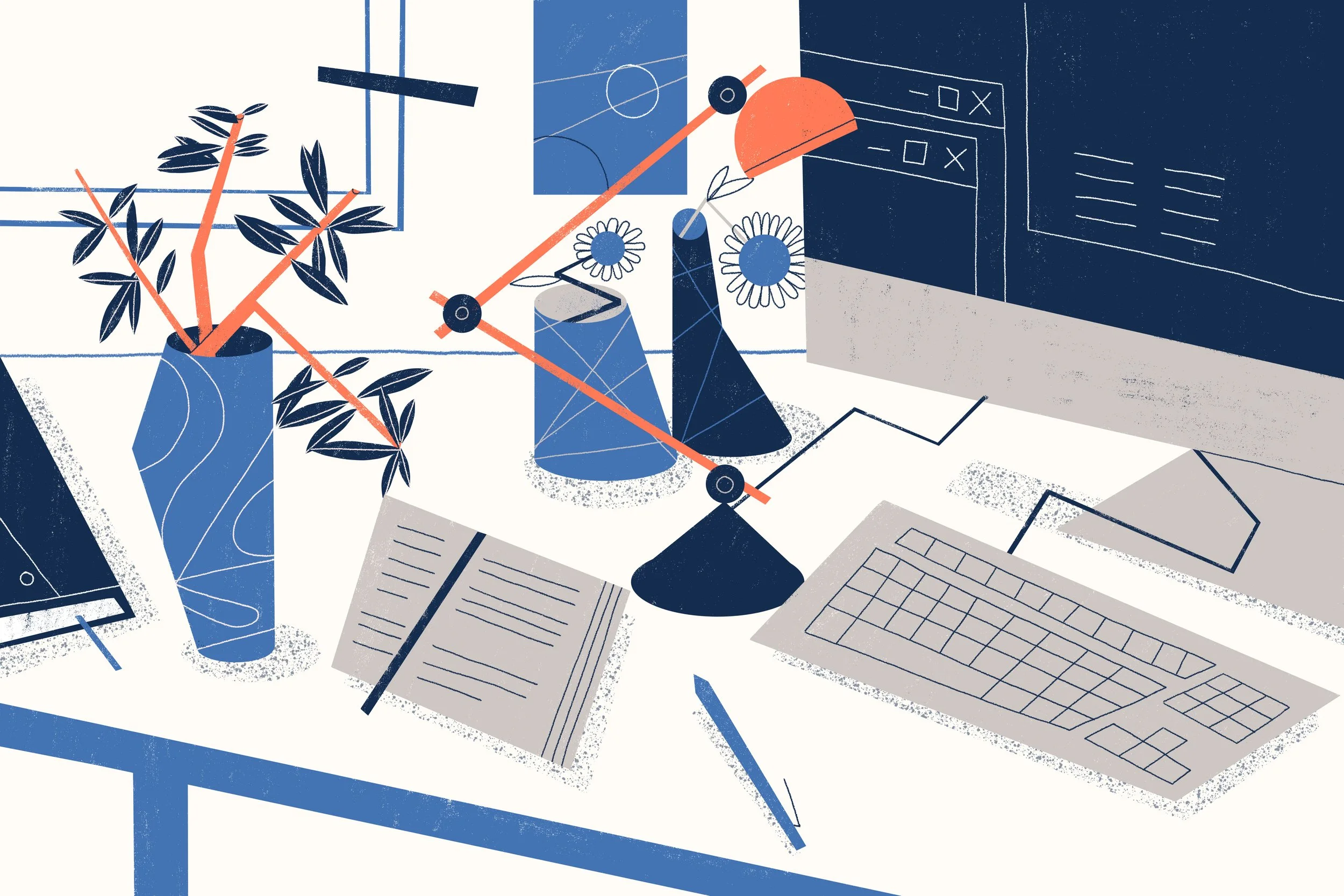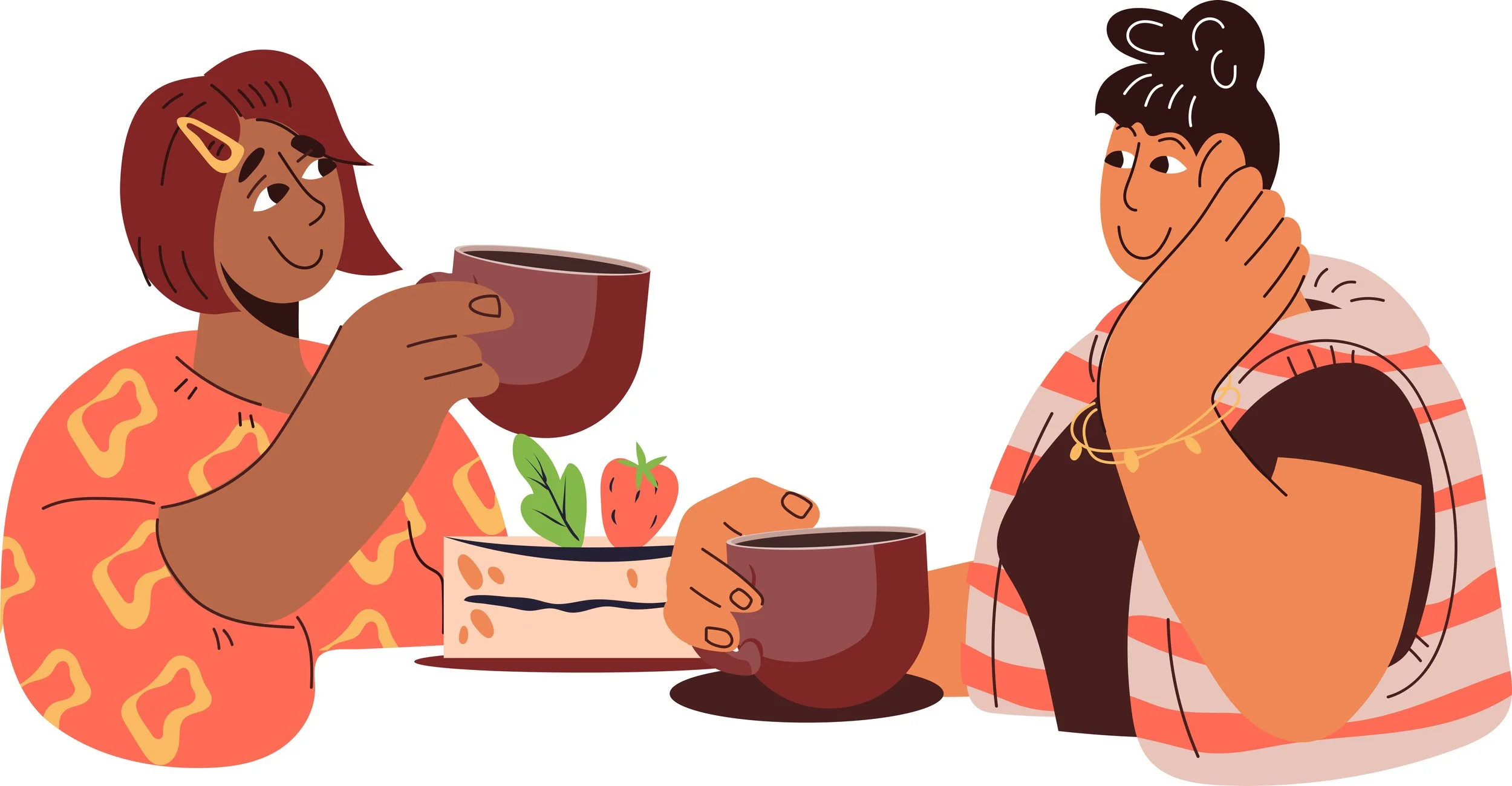Wellness Culture, Marginalized Communities, and Reclaiming Health
Explore the limitations and barriers of wellness culture, plus get some intentional strategies to reclaim true health on your own terms.
You Deserve Excellent Care: Self-Advocacy Scripts for Marginalized People in Eating Disorder Recovery
If you feel apprehensive about contacting a new medical provider for care, you’re not alone. Scripts can offer language when your nervous system is overwhelmed, when shame is loud, or when you fear you might lose your words or be misunderstood. In her latest blog, Sharon Maxwell provides three scripts that can be adapted for email, MyChart messages, phone calls, or in-person conversations with medical and mental health providers.
5 Ways Fatphobia Impacts Eating Disorder Diagnosis
Fatphobia is a dangerous reality of our current culture. Learn how it negatively impacts both the diagnosis and treatment of eating disorders.
Wellness Culture is for the Wealthy
The wellness market has exploded in recent years and is expected to continue booming for years to come. But who gets to participate in wellness culture? And what’s the cost of entry—financially and mentally? In her latest blog, Isabel Vasquez Larson RD, LDN breaks down what wellness culture is, how it intersects with wealth, and what true wellness could be.
How to Let Go of “All-or-Nothing” Thinking Because Healing Isn’t Linear
Learn why all-or-nothing thinking is so tempting and how to let go of it as you heal your relationship with food and your body.
Rest Is Resistance: Rejecting the Hustle of New Year, New You
Rest isn’t laziness, it’s resistance. Learn how opting out of New Year hustle culture can support healing and wellbeing.
“New Year, New You”: A Market-Optimized Shame Economy
Detoxes, cleanses, and “New Year, New You” culture presents itself as harmless motivation to start the year off “right. But as Hilary Hovis identifies, this manifestation of wellness culture is rarely about health. It’s about compliance and the monetization of manufactured insecurities.
Healing Together: Reflections on a Year of Showing Up
Eating disorder healing becomes possible when others show up, and 2025 was a year of community. In our CEO’s latest blog, Akiera Gilbert reflects our shared responsibility of showing up for one another.
Why Depression and Eating Disorders Often Show Up Together (Plus Strategies to Help You Heal)
Learn why depression and eating disorders often occur together, what the research shows, and gentle strategies to support healing.
10 Self-Reflection Journal Prompts to Celebrate Your Healing Journey
Explore 10 self-reflection journal prompts designed to help you honor your growth, celebrate your healing journey, and reconnect with your inner wisdom.
Taking Back the Holidays from Diet Culture
If you have mixed feelings about food-centered holiday gatherings, you’re not alone. Eating disorder recovery coach, Eric Pothen, has five go-to tips for navigating diet culture during the holidays.
Gratitude, Hunger, and Healing: Understanding the Hidden Link Between Food Insecurity and Eating Disorders
The holiday season can be an incredibly challenging time of year for those with eating disorders. But, for many, this season also brings up something harder to talk about: what happens when food isn’t guaranteed. Yara Aziz dives into the connection between food insecurity and eating disorders.
The Connection Between Food Aversions and Eating Disorders (Plus, Some Tips for Healing)
Learn how food aversions can be linked to eating disorders, what signs to look for, and how to begin healing your relationship with food through gentle, supportive strategies.
The Human Side of Military Weight Standards
The military’s weight and physical fitness standards often lead to widespread food restriction and dieting. For her eight years of active-duty military service, Sarah Rondinone, MS, RDN, CDN struggled with body dysmorphia and a desperate attempt to stay within the standards. A year after having her first daughter and a subsequent harmful experience with a dietician, Sarah decided to become a Registered Dietician herself in hopes of making things better for her fellow service members.
Weight Bias in Healthcare and How to Find Inclusive Practitioners
Explore how weight bias impacts medical care and learn five practical ways to find inclusive, weight-neutral healthcare practitioners who truly listen and support your health without judgment.
Open Enrollment: A Step-by-Step Guide to Finding Insurance Coverage for Eating Disorder Care
Health insurance shouldn’t determine who gets to heal — but too often, it does. Understanding how Open Enrollment works is one of the ways to explore options and opportunities in a system that often feels stacked against you.
Orthorexia Nervosa: Destroying Your Mental Health With “Health”
Orthorexia nervosa is an obsession with “clean” or “healthy” eating that can quietly harm your mental health. Learn the signs, causes, and steps to heal your relationship with food.
Male Body Image Issues: What, Why, and How to Heal
Explore the complex reality of male body image issues and learn practical, compassionate steps toward healing and body acceptance.
World Mental Health Day: Shining a Spotlight on the Connection Between Eating Disorders & OCD
Eating disorders and Obsessive Compulsive Disorder (OCD) are often co-occurring illnesses, but different forms of treatment work for each condition. Allyson Inez Ford, MA, LPCC, a survivor and now therapist who works with clients navigating both illnesses, shares the commonalities and differences between eating disorders and OCD, how OCD manifests, and treatments for both.
The Power of Mutual Aid in Disordered Eating Recovery: An Interview with Elizabeth Ayiku, Founder and Director of Me Little Me Foundation
One truth Angel Austin has witnessed over and over again is that survival comes first. It comes before systemic change, before dreaming and visioning, and before meeting any long-term goals. Survival, in her communities, has always been rooted in mutual aid.
SUBMIT A GUEST BLOG
Project HEAL would love to share any and all stories that are aligned with our mission, vision and/or values. If you have struggled with an eating disorder, have experienced and/or overcome barriers to accessing treatment, or are an ED provider and/or recovery advocate — we want to hear from you!
We are especially interested in sharing stories from voices often excluded from and/or underrepresented in the eating disorder recovery community. Submitting a blog proposal does not necessarily guarantee publishing — we reserve the right to respond with proposed edits (for your approval) or pass on publishing your proposed content.
Thank you in advance for wanting to share your story with us and our community!



